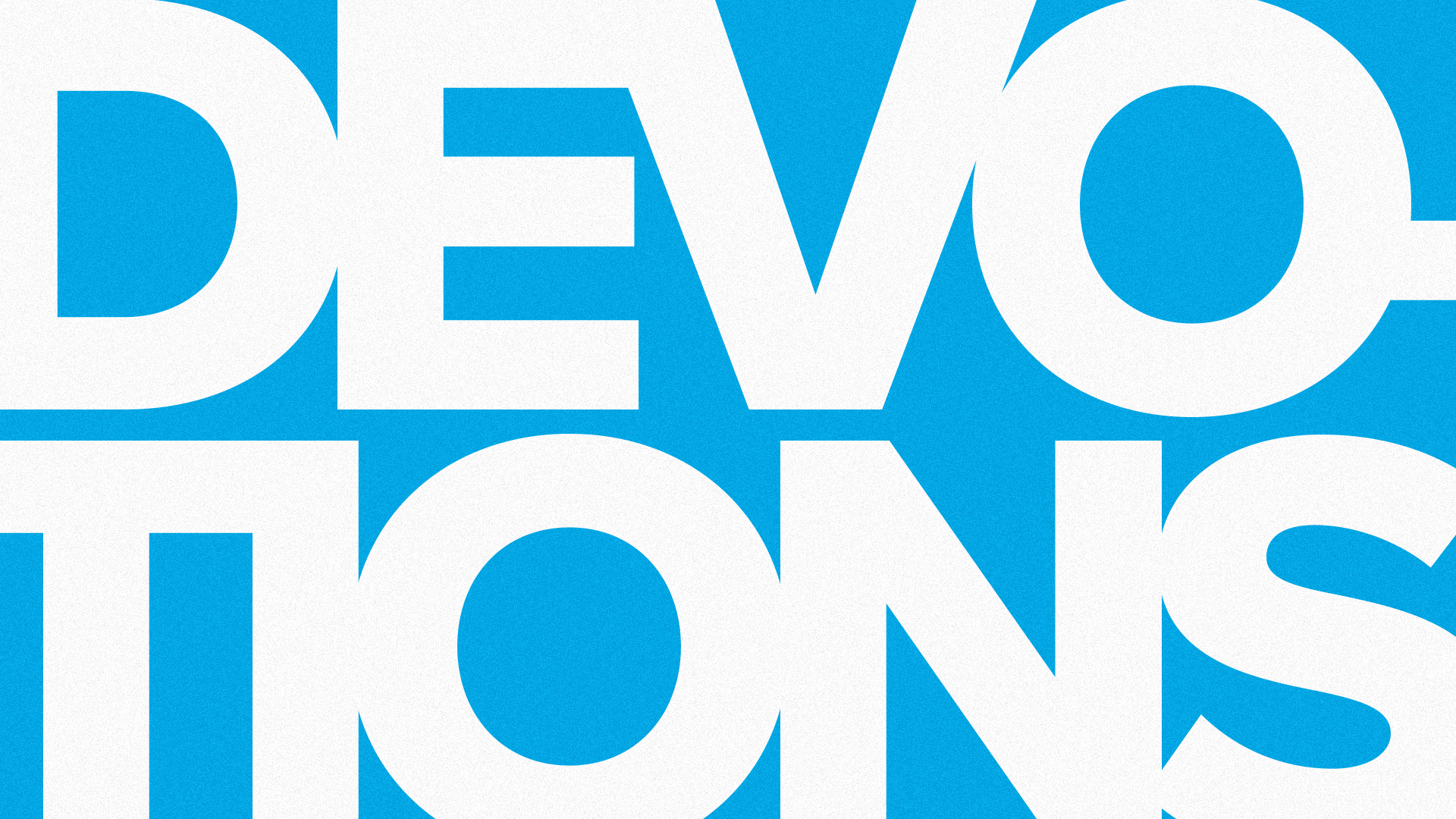Mouse Trap
"Two are better than one, because they have a good return for their labor: If either of them falls down, one can help the other up. But pity anyone who falls and has no one to help them up." Ecclesiastes 4:9-10
Insight
Have you ever played the board game Mouse Trap? It's a fun, chaotic game inspired by the whimsical designs of Rube Goldberg machines. You set off a chain reaction of events—one piece knocks over another, which releases a trap, which then catches the mouse. It’s a series of interconnected actions, each dependent on the one before it, each contributing to the ultimate goal.
This intricate dance of cause and effect is a great metaphor for how our lives should be when it comes to helping each other. Helping isn't a one-sided act; it’s a beautiful, complex chain reaction where everyone plays a part, and everyone is impacted.
Paul's letter to the Galatians captures this idea perfectly: “Carry each other’s burdens, and in this way, you will fulfill the law of Christ” (Galatians 6:2, NIV). Just like in Mouse Trap, where each piece needs the others to create the final result, our acts of helping each other are interconnected. One person's help triggers another’s ability to help, creating a community where burdens are shared and no one is left alone.
Imagine a life-sized Rube Goldberg machine, where every component relies on the others to keep things moving. Helping others isn’t about being the hero with all the answers; it's about being part of something bigger than yourself. Each small act of kindness, each offer of support, is like a piece of the machine. Without your part, the whole thing doesn’t work as smoothly.
When we help one another, we’re not just meeting a need—we’re participating in a chain reaction that displays Christ’s love to the world. Think about the last time someone helped you. Maybe it was a friend listening to you vent after a tough day, or a neighbor lending a hand when your car broke down. That small act of kindness didn’t just solve a problem; it likely inspired you to pay it forward, to keep the chain of help going.
In a Rube Goldberg machine, if one part fails, the whole process can be disrupted. Similarly, when we refuse to help or hesitate to accept help, we break the chain. To keep this beautiful, interconnected system working, we must embrace both giving and receiving help.
So, how do we live this out in our daily lives? Start by being attentive. Look for those around you who might need a hand, and don’t be afraid to ask for help when you need it. Recognize that your small action can set off a chain reaction of kindness and support that ripples through your community.
Pray for the awareness to see where you can help and the humility to accept help when it’s offered. Envision a world where each of us is a vital part of an incredible, interconnected machine, working together to carry each other's burdens and fulfill the law of Christ.
Reflection
How can you be more intentional in seeking out opportunities to help those around you, ensuring that your actions contribute to a supportive and interconnected community?
In what ways can you practice humility in both offering and accepting help, recognizing that true community involves mutual participation and shared responsibility?
Prayer
Lord, help me to see the beauty in helping others, to recognize that we are all part of Your grand design. Teach me to carry other’s burdens with joy and humility, knowing that every act of kindness sets off a transformative chain reaction. May I be the hands and feet of Your love, creating a world where no one’s burden is carried alone. Amen.

